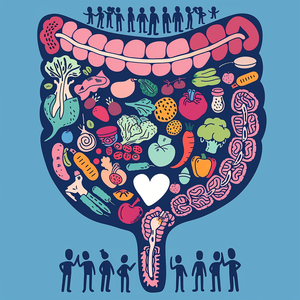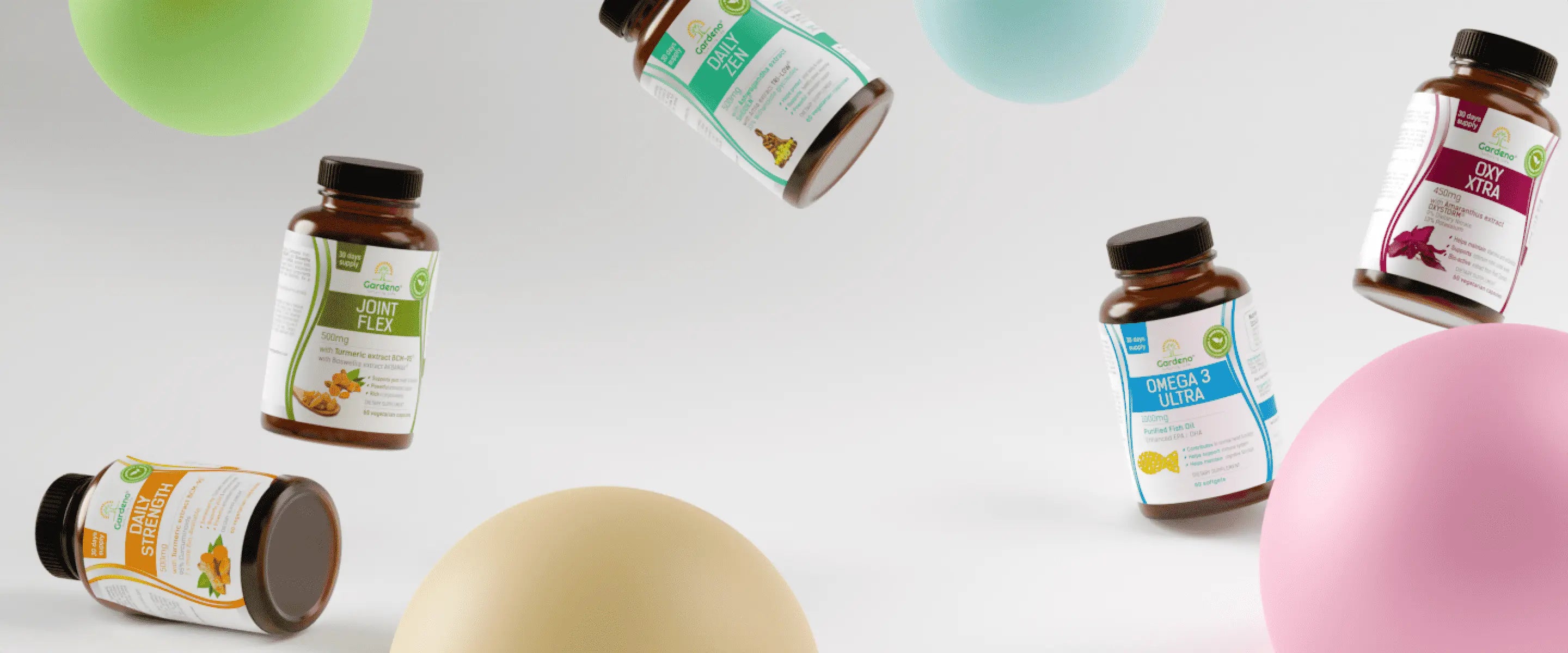
All you need to know about your gut health
Posted:About the gut microbiome
The gut microbiota comprises all the bacteria, commensal, and pathogenic, residing in the GIT. The gut microbiota plays an important role in nutrient and mineral absorption, synthesis of enzymes, vitamins, and amino acids, and production of short-chain fatty acids (SCFAs).
Trillions of bacteria, referred to as the gut microbiome, reside in your stomach. This complex ecology is essential for immune system function, digestion, nutrition absorption, and even mood management. You experience better general health and disease resistance when your gut microbiome is in balance.
The Gut-Brain Connection
The gut-brain axis is a sophisticated system of communication that affects not only digestion but also mood, stress levels, and mental processes. Maintaining your gut health can improve your emotional stability, mental clarity, and emotional well-being.
Your diet plays a significant role in shaping the health of your gut microbiome and, by extension, your brain health. Consuming a diet rich in fiber, prebiotics, probiotics, and anti-inflammatory foods can promote a diverse and balanced microbiome, supporting both gut and brain function.
Key elements of gut health
There are plenty of ways you can maintain good gut health. A diet high in nutrients, such as yogurt and fruits high in fiber, can help to nourish your gut. Stress can seriously affect your whole body system badly, try implementing mindfulness exercises, relaxation techniques, and fun hobbies.
To help with digestion, drink lots of water. Herbal teas with flavors like peppermint and ginger can help ease upset stomachs. Frequent exercise increases gut motility, which facilitates the effective passage of food through the digestive tract.
Foods that can maintain a healthy gut
Prebiotic fiber: Yogurt, kefir, kombucha, and fermented vegetables introduce beneficial bacteria to your gut, supporting digestion and immunity
Bone broth and collagen: These gut-healing foods strengthen your intestinal lining, aiding in repair and resilience.
Fiber-rich: Whole grains, legumes, and leafy greens provide fiber that feeds your gut microbes and promotes regular bowel movements.
Mindful Eating: For better digestion and enjoyment, take your time, enjoy every bite, and pay attention to your body's signals of hunger and fullness.
By nurturing your gut ecosystem with nature's remedies and supportive habits, you're cultivating a foundation of wellness that radiates throughout your entire being. You can even incorporate Gardeno tangy orange into your daily diet to foster the benefits of digestive health.







